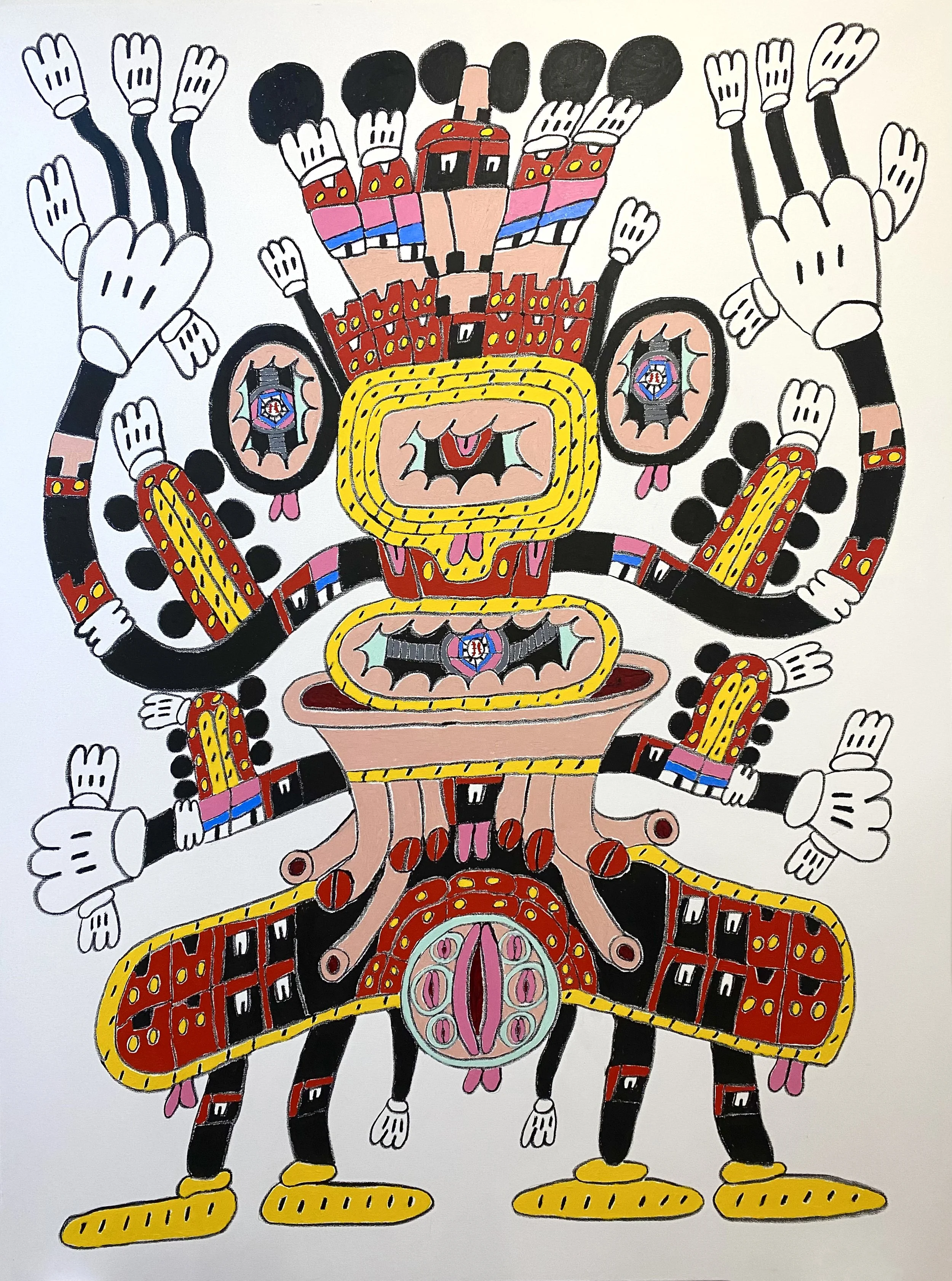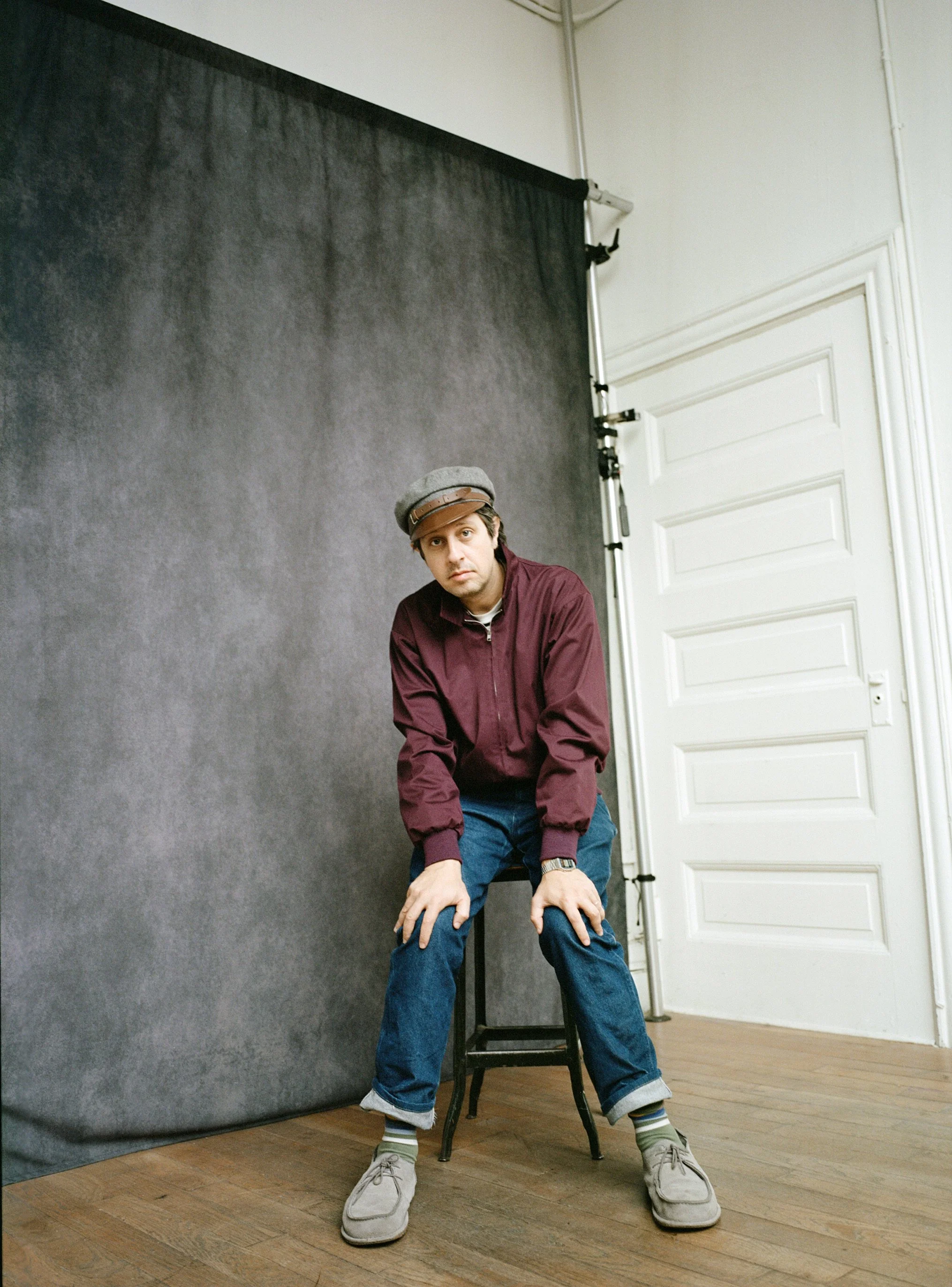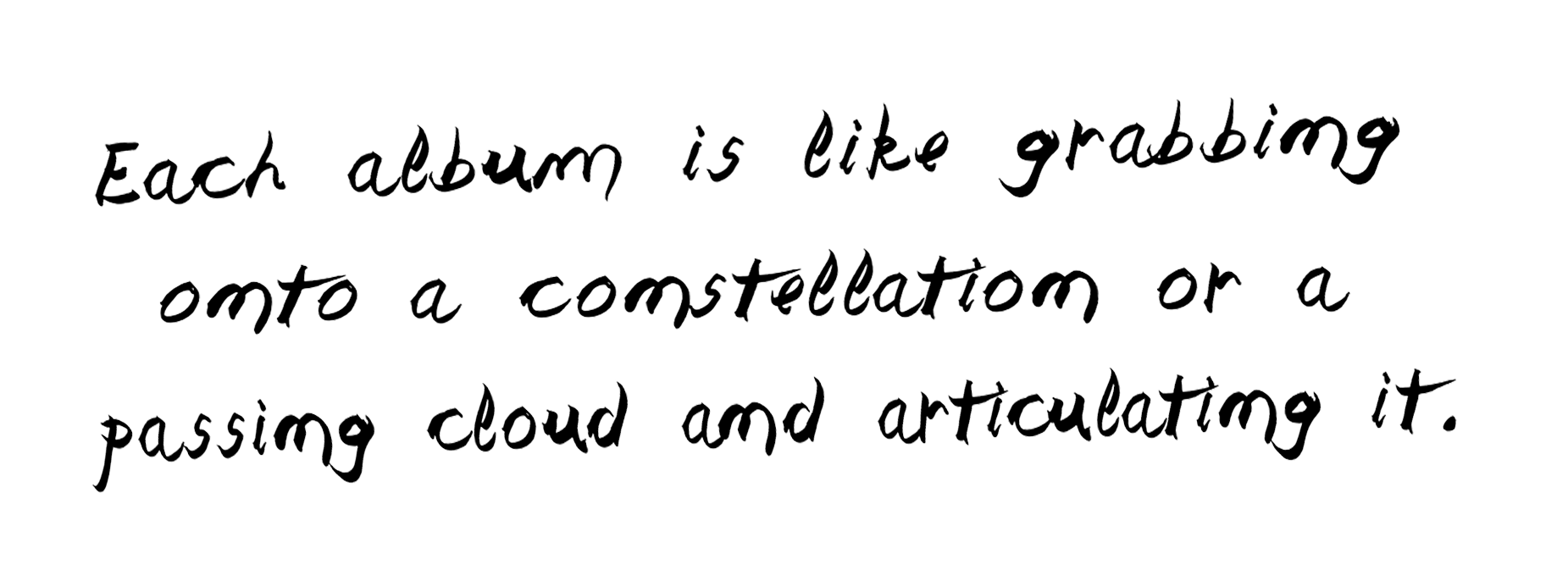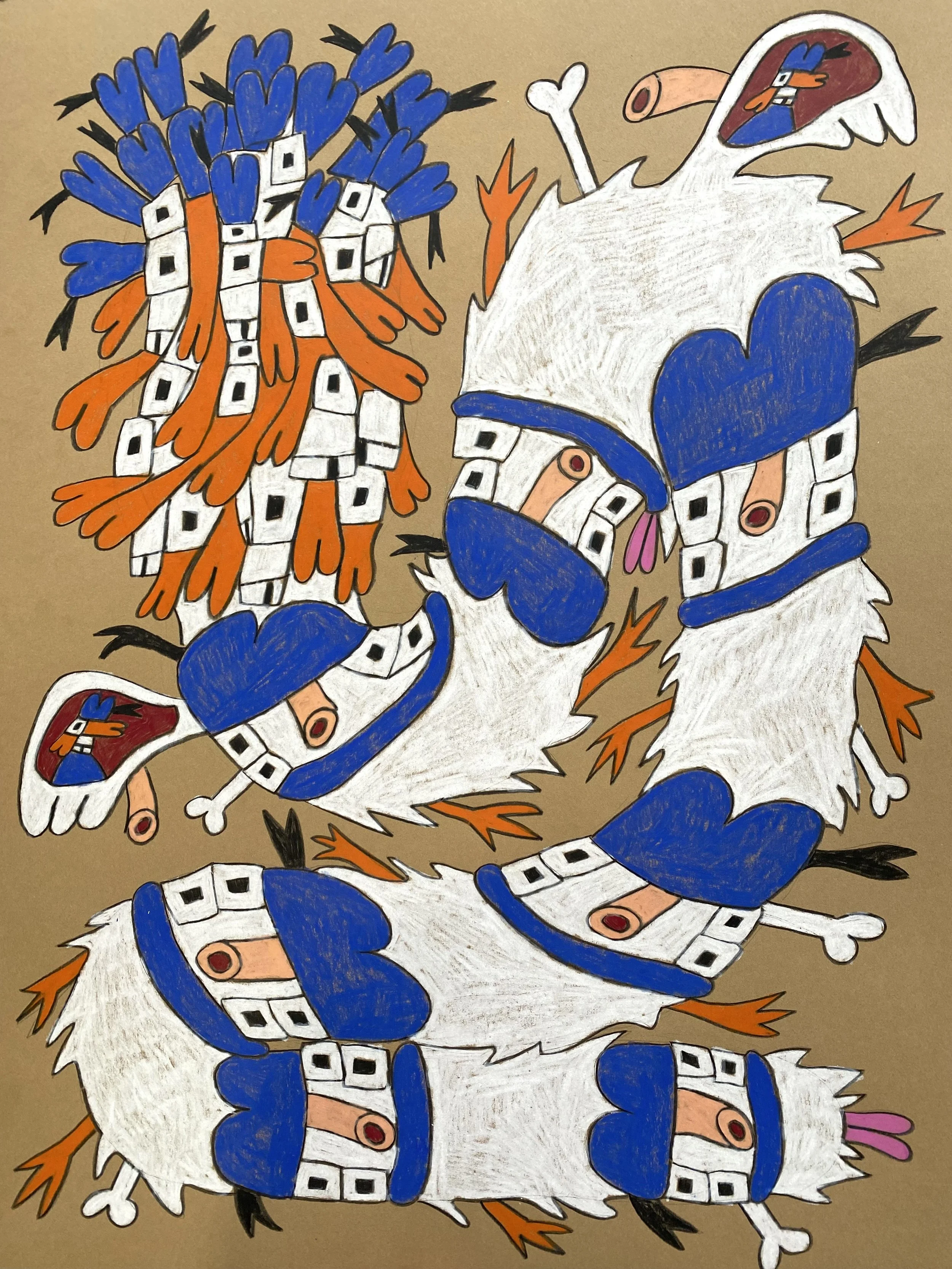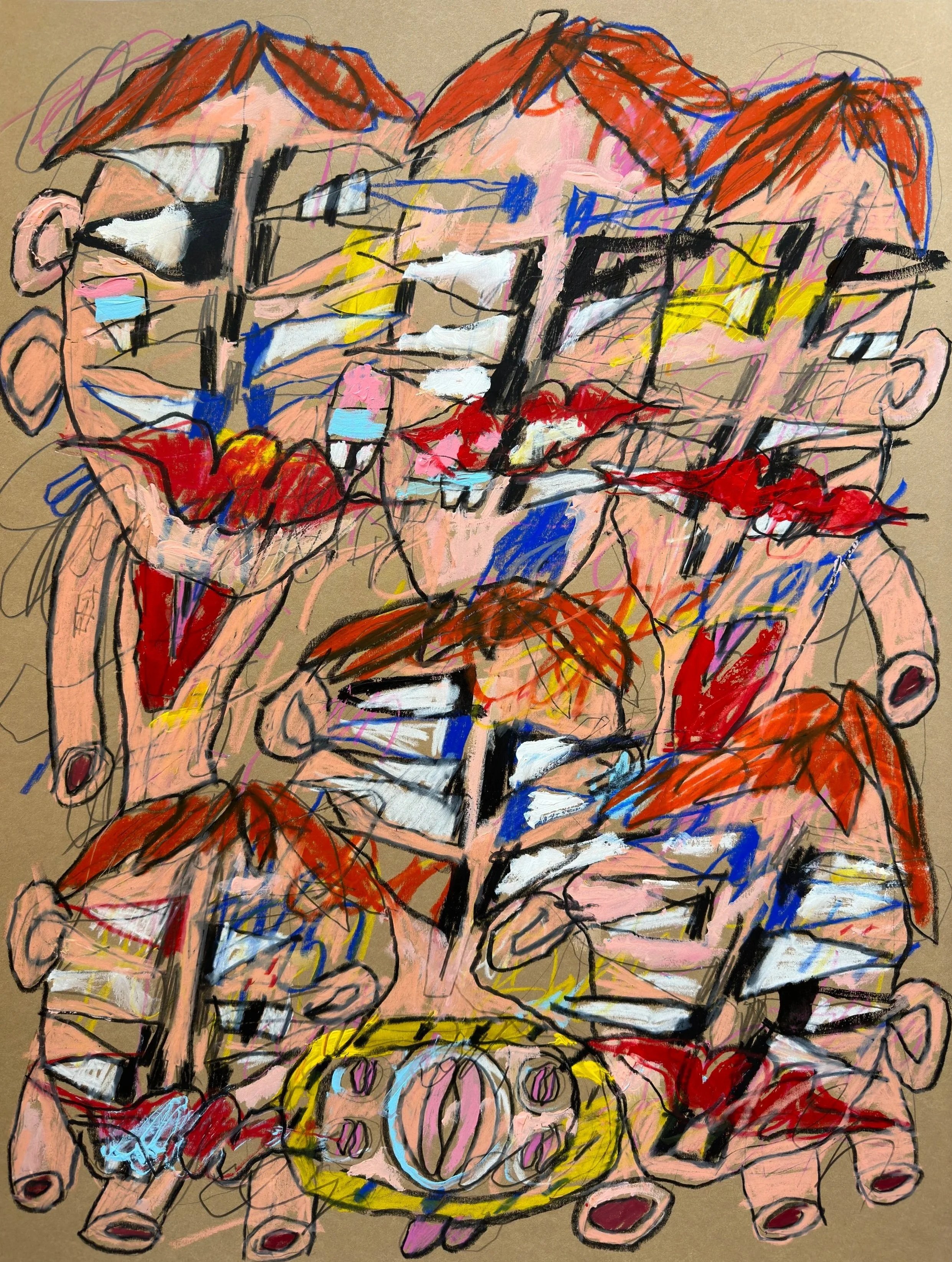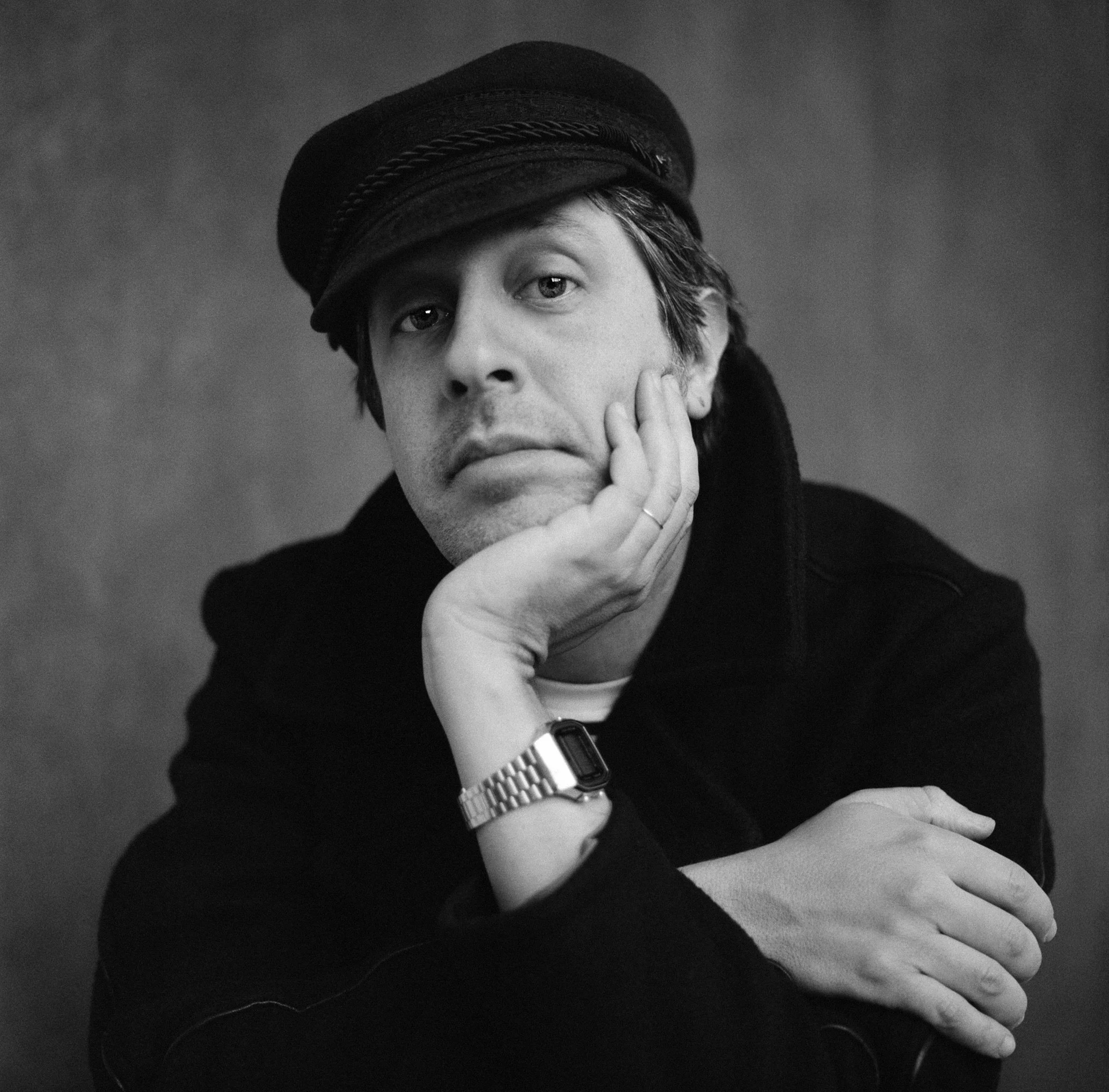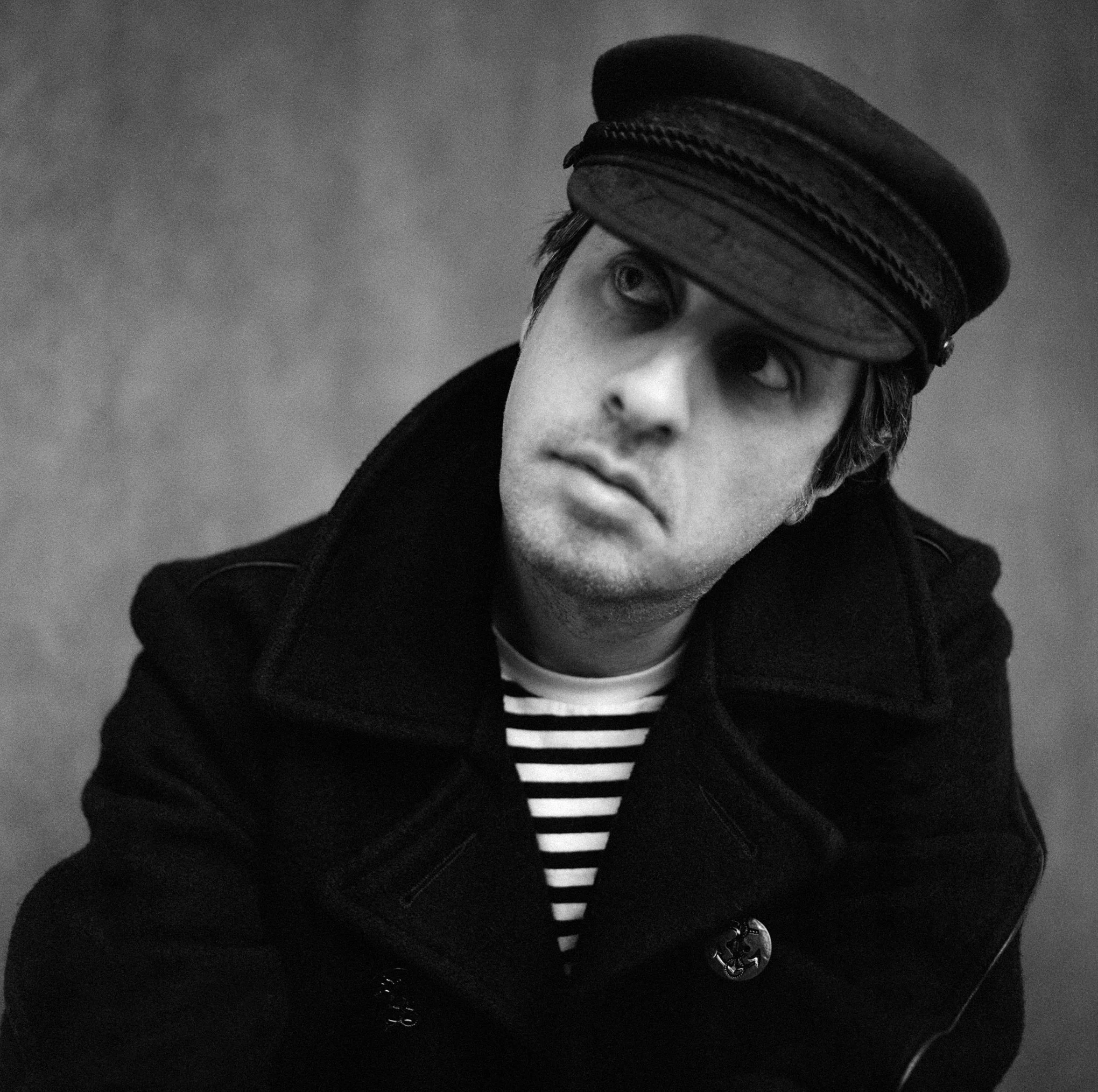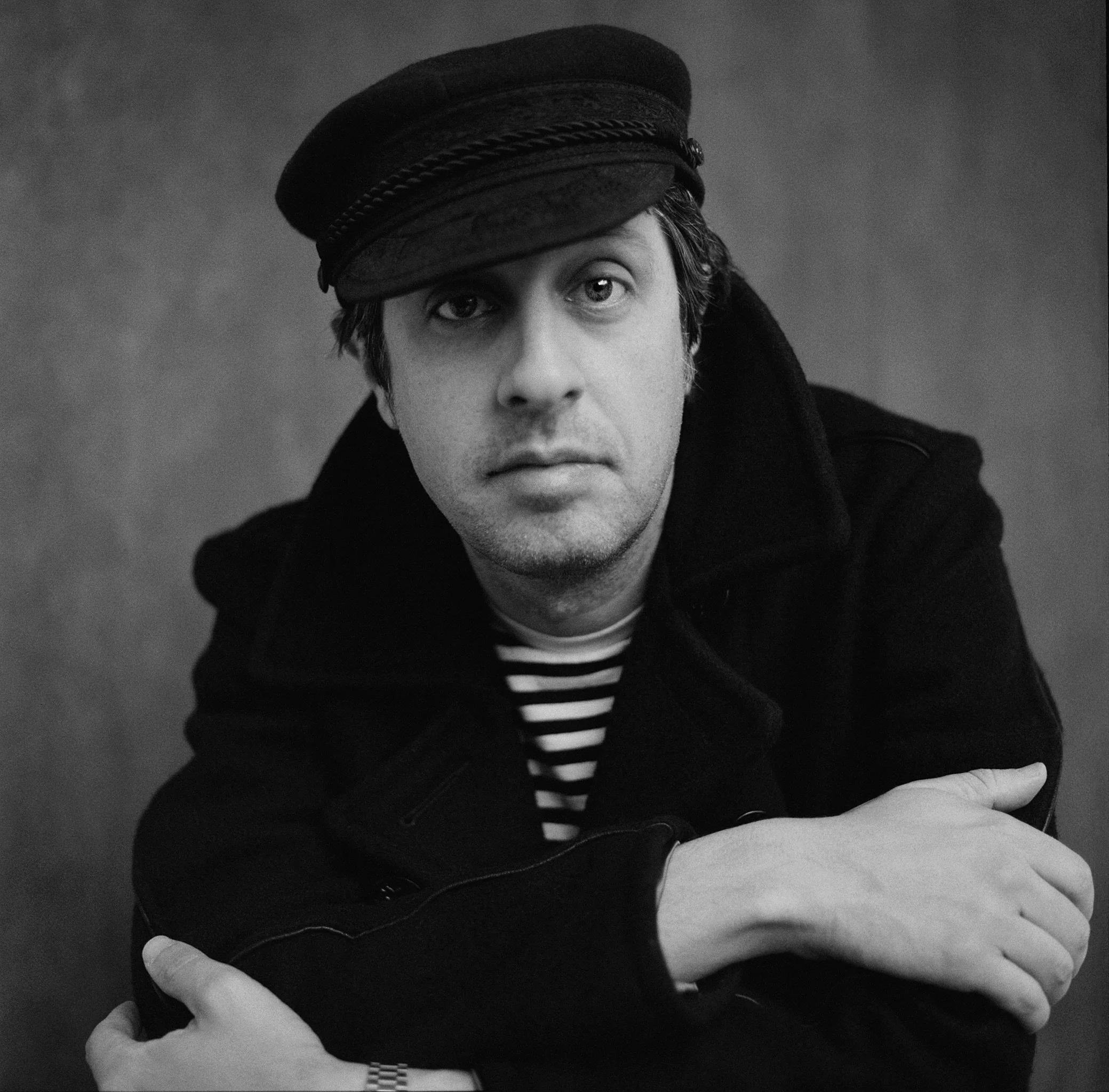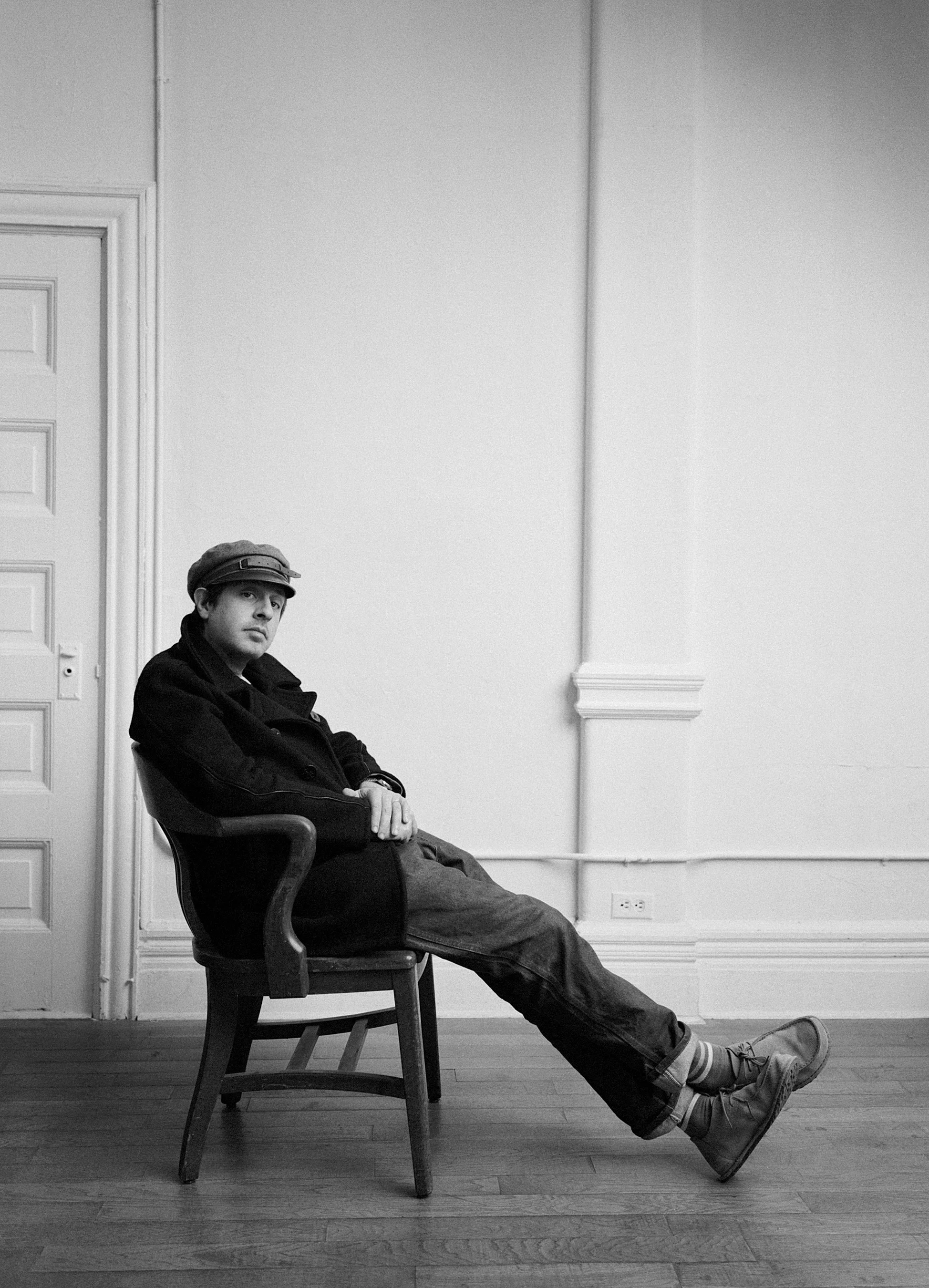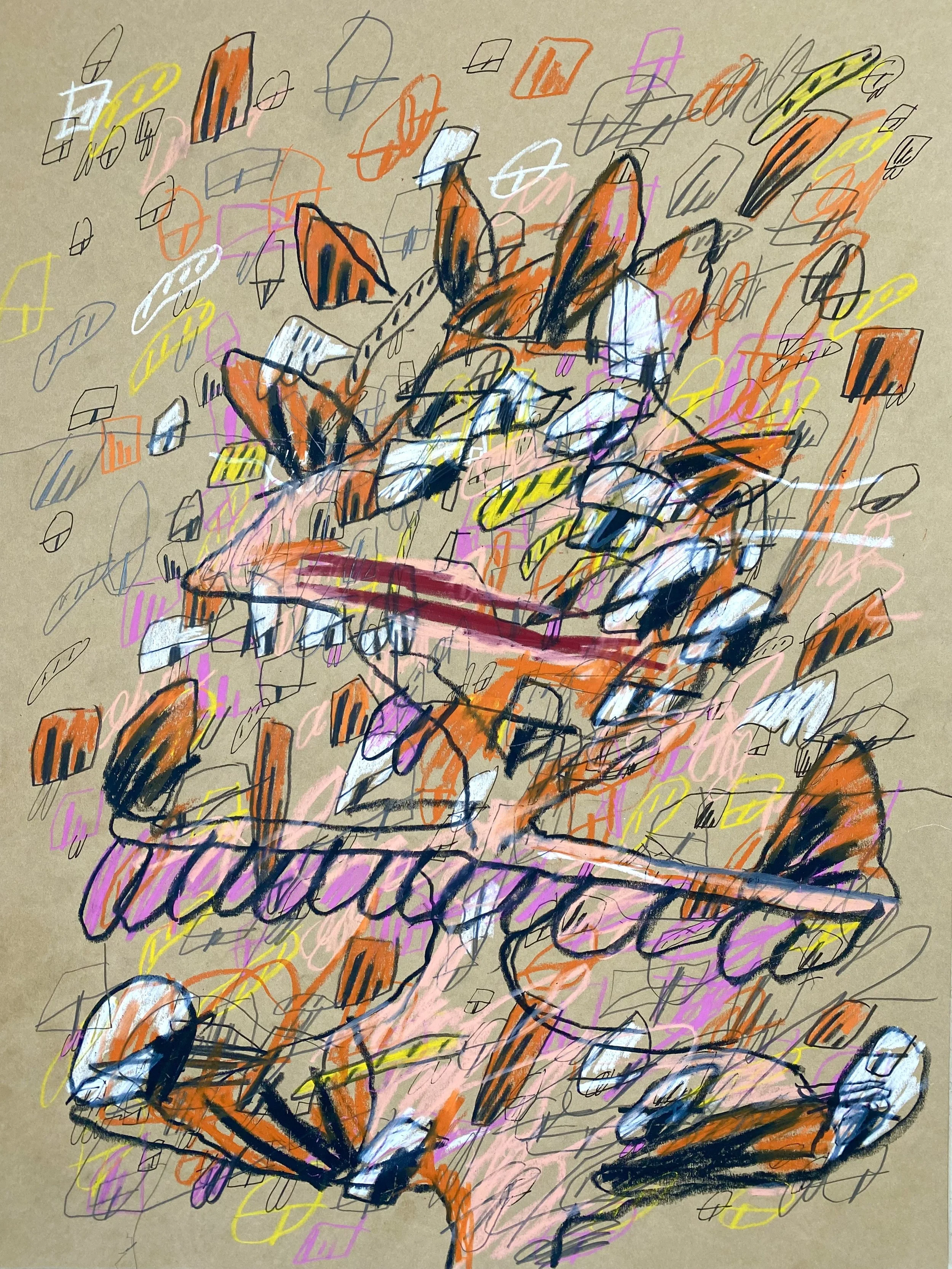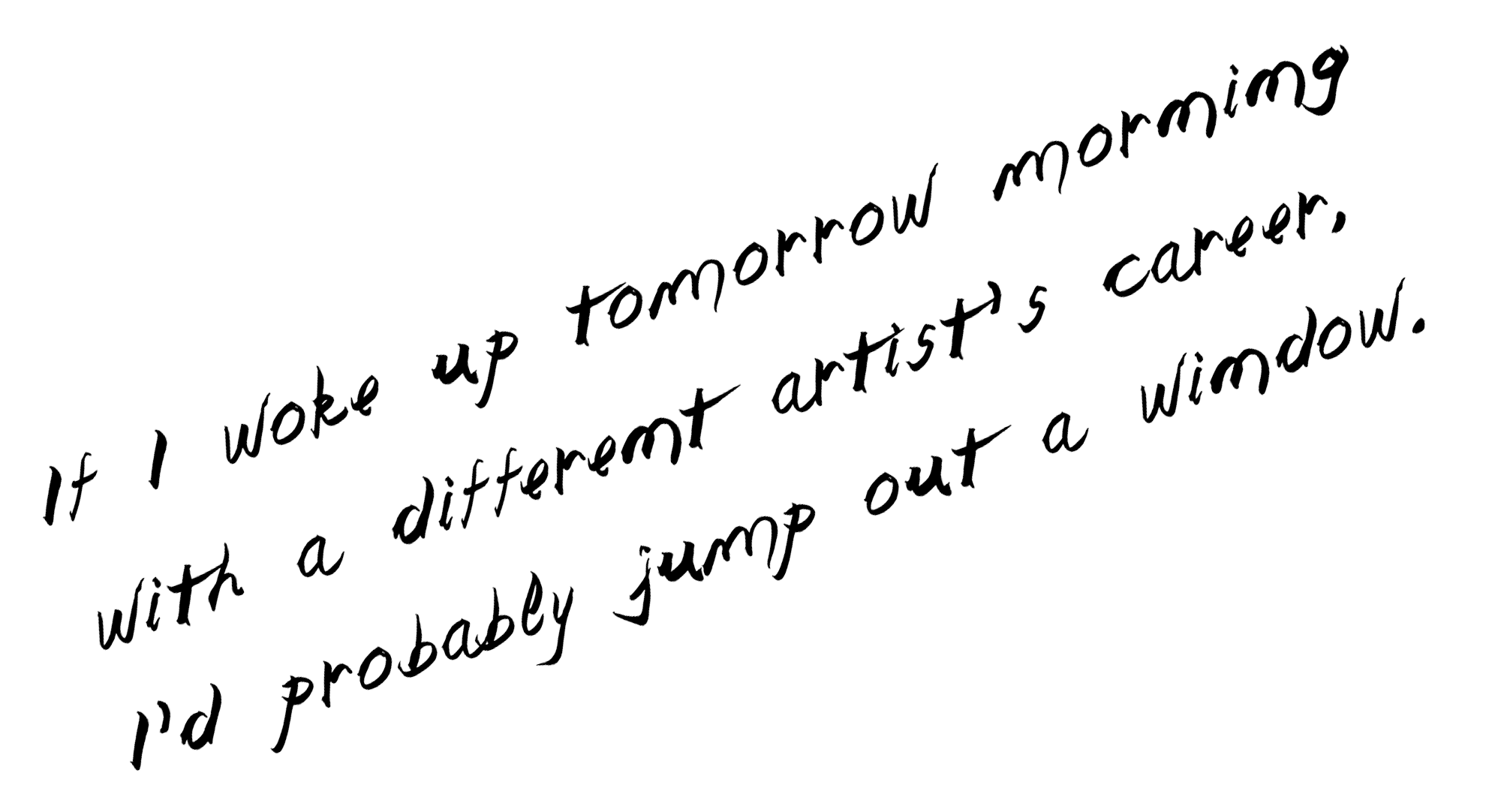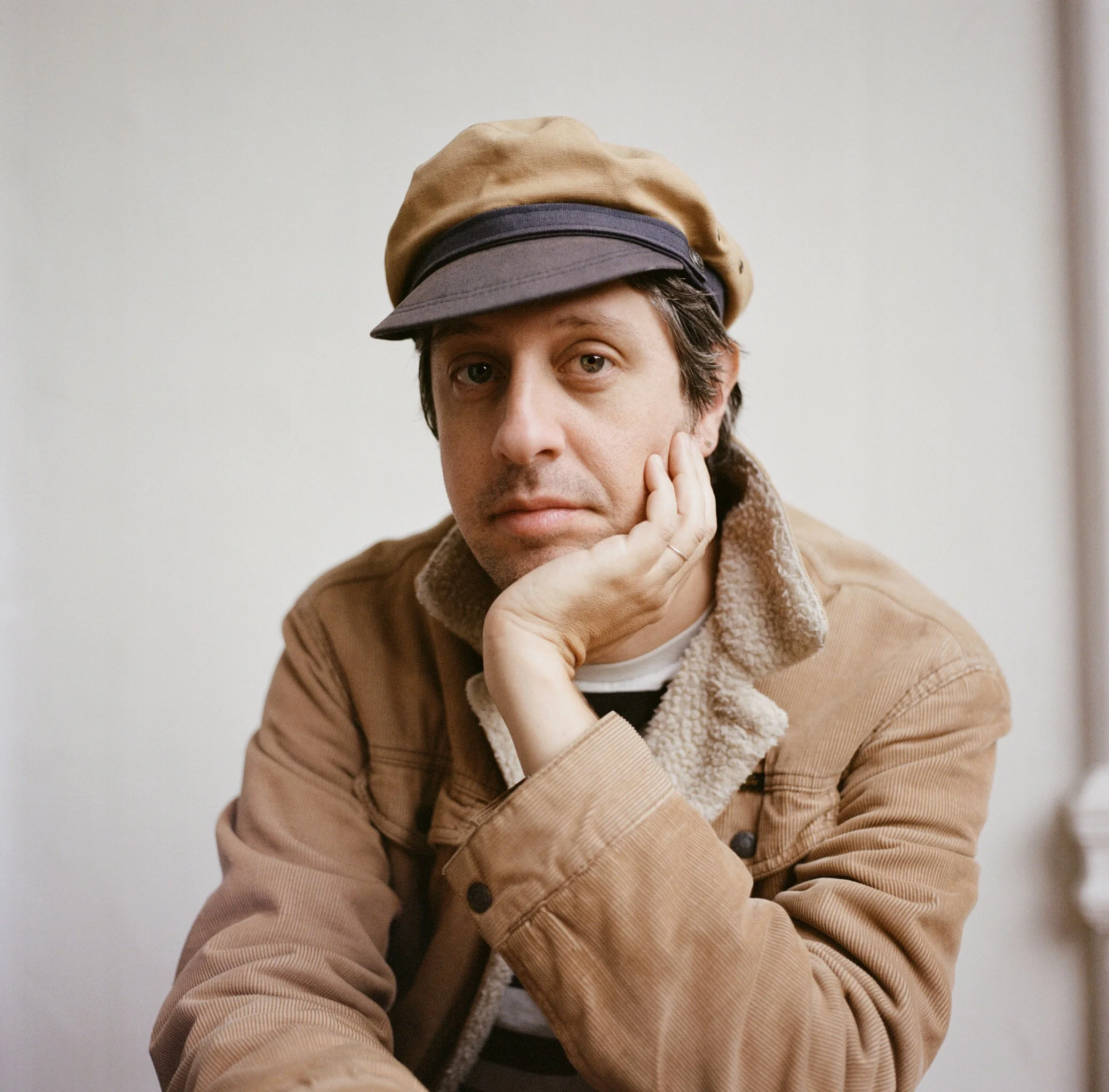
MUSIC 2026
Adam Green is bringing The Moldy Peaches back with Kimya Dawson for two rare performances—at the Hollywood Bowl and Carnegie Hall, the latter just blocks from where they used to walk on their way to record songs at his parents’ kitchen table in Midtown. It feels less like a milestone and more like a perfectly timed glitch in the matrix.
Adam moves between mediums like someone walking room to room in a dream, writing songs, painting, building myths out of whatever materials are lying around. An accomplished visual artist, he’s exhibited internationally with each show offering a new portal into the strange symbolic world he keeps expanding. This February, he’s back on the road for a solo music tour across Europe called Chop Off Heads With Me, dropping into cities like Barcelona, Lyon, Zurich, Cologne, and Amsterdam. Blink and he’s in another city. Blink twice and he’s already built a new universe there.
In our interview, he talks about returning to the songs that shaped his early years, the routines that keep his creative momentum steady, and the instinct to chase feeling over perfection—making work that connects because it means something, not because it’s been buffed to fit the algorithm.
There’s a new graphic novel on the way, a book on ancient mysteries, and a grimoire for the fictional universe he’s spent years constructing. All of it runs on the same engine.
And you probably know Adam Green without even realizing it. “Anyone Else But You,” the lo-fi love song at the end of Juno (2007), was a Moldy Peaches track sung in the film by Elliot Page and Michael Cera—and it quietly cemented its place in indie pop history. Nearly a decade later, he created Adam Green’s Aladdin (2016), a psychedelic DIY odyssey starring himself, Macaulay Culkin, Natasha Lyonne, and Francesco Clemente, among others. Think sex and drugs, cardboard sets, surrealist kings, and broken magic spells—like a punk bricolage fairy tale wired for the underground. It’s all on YouTube, waiting to short-circuit your brain.
Adam Green’s worlds don’t ask to be understood. They vibrate at odd frequencies, change shape when you’re not looking, and might swallow you whole if you stare too long. That’s the risk. That’s the invitation.
Your solo work has shifted through so many sonic landscapes over the years. What questions or obsessions are driving your music right now?
I see it all as a continuing adventure about building my own world and all the music that happens inside of that world. We are all on a journey through the universe, and each album is like grabbing onto a constellation or a passing cloud and articulating it. Each scene and moment back there—and now there are new word-clusters to shape coming at us.
Your visual art has its own universe—surreal, maximal, childlike, and deeply detailed at the same time. What does painting offer you that songwriting doesn’t?
Visual art and music are connected for me—I go back and forth every day between those worlds. They both give me a chance to express emotional noise, to resonate with materials. I try to impart my spirit on materials that I come into contact with, whether they be musical notes, guitar strings, colored pencils, or paint. Visual art gives me a chance to illustrate the totems of my interior landscape—like I can show people what my thought patterns look like, sort of like a schematic or a scan. My dreams are shaped the same way as my paintings look.
When you think back to the early days of The Moldy Peaches, what parts of that creative energy still feel alive in you? And what parts belong to a younger version of yourself?
The artifact I’ve kept with me is to just try to capture a special moment with friends in the studio. Remember that people listening to music respond to feeling first. If you ever find yourself having a great time and it gets recorded, probably go with that over a recording that feels more professional or polished.
What does it feel like to return to The Moldy Peaches’ music in this particular moment of your life, and in this particular moment of the world?
I welcome returning to it. it’s always the right time for Moldy Peaches music. When me and Kimya sing together now, we’re simultaneously the kids we were back then, and also the artists we’ve grown up to be now. Behind us on stage, there’s an invisible big Santa sack full of artistic productions we’ve done on our own since then—also flickering ghosts of the kids singing our song in Juno.
You’ll be performing an acoustic set with The Moldy Peaches at Carnegie Hall—a first for you. How does that space, with all its history, shape your sense of what the show could be?
Oh wow—for me it’s really meaningful. My parents moved to Midtown when I was 17 years old, and me and Kimya recorded a lot of The Moldy Peaches songs in that neighborhood, on the kitchen table. We must have walked by Carnegie Hall a hundred times together back then. I can’t believe they are letting us play there.
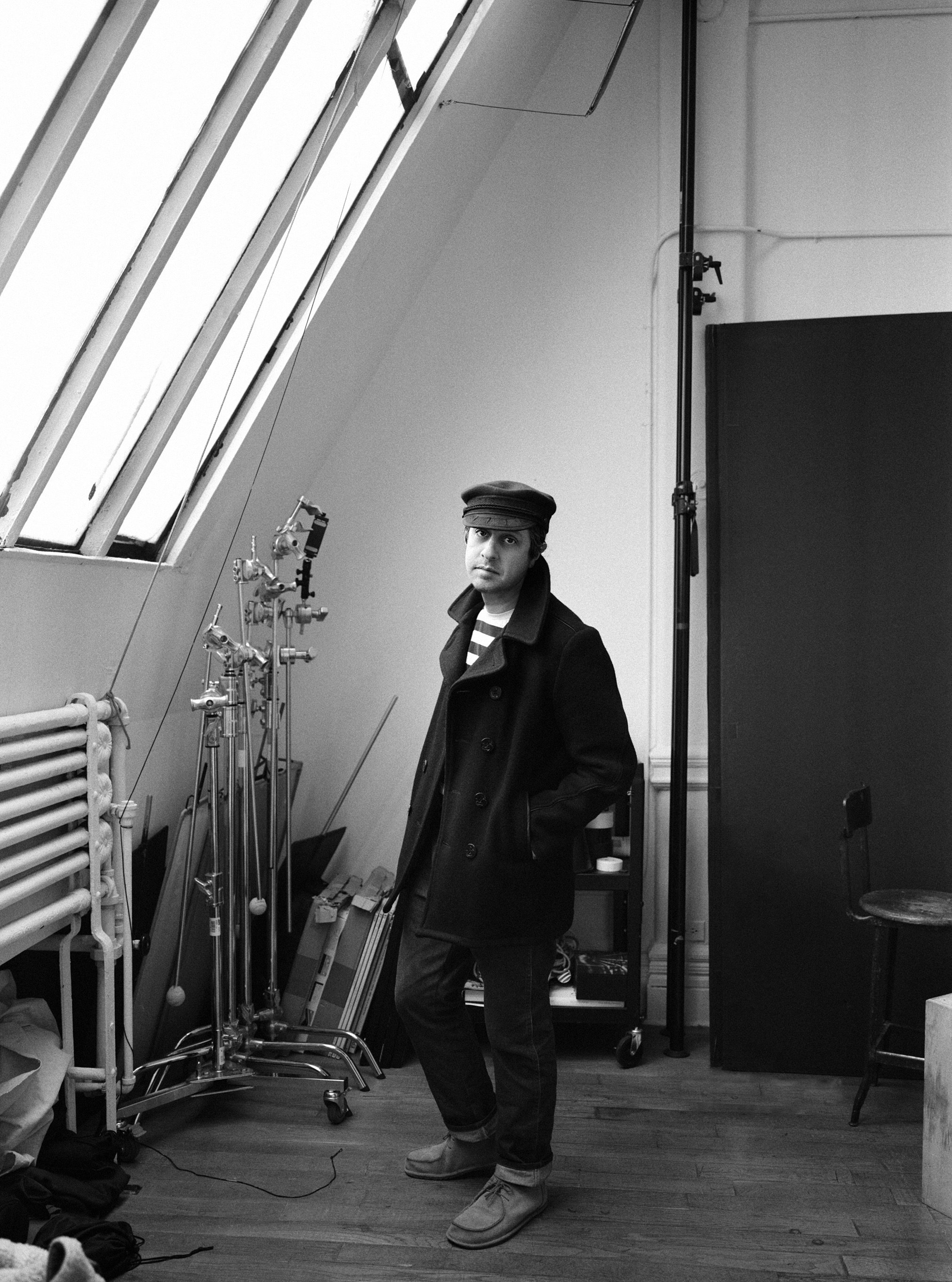
When you’re working on a painting, what does it take for you to know a piece is done? Is that different from how you know a song is finished?
I usually wait until I have a moment where I feel like a sense that I’ve communicated something with it—that it’s something I haven’t quite articulated before—that the artwork itself has a reason to live, and I enjoy its essence. Then I move on, because it’s actually the most fun starting a new artwork rather than refining an existing one. There’s not really an end to an artwork anyways—it’s just knowing when things are in a good place and it’s time to get outta there and enjoy your life.
Across your albums, humor and melancholy sit right next to each other. Do you see those moods as opposites, or part of the same instinct?
That came really naturally to me—like I think I was born with that. Kimya too. It’s like I’m just interested in trying to cook with as many spices on the rack as I have access to.
When you look back at your twenties and the early 2000s indie scene, what feels most distant to you now?
Walking down Avenue A or Bedford Avenue in the 1990s, everyone used to be holding guitar cases, going to band practices, being in bands. Tompkins Square Park was filled with people playing guitars, writing songs on the benches. Of course I miss that.
You’ve spoken before about the tension between play and discipline in your creative life. How has that balance shifted as you’ve gotten older?
I have a to-do list and I do the things on it every day. After that I go for a walk and let myself be creatively free in my head, notepad and sing and stuff—no rules. I’ll have long-term projects on my to-do list which I’ll work on for 20 or 30 minutes a day, and do that for years until they are done.
Is there something you’re learning as an artist right now that you wish you had understood earlier in your career?
I definitely wouldn’t change my artistic journey. If I woke up tomorrow morning with a different artist’s career, I’d probably jump out a window.
In what ways has being a dad changed the pace, tone, or priorities of your creative work?
You kind of merge the dreams of your kids with your own dreams—so like my work becomes sort of a family vessel spaceship that we are all on together. I see my writing as sort of a manual of how to work my soul. I think it’s important for people to have their own creative projects to make up and things to look forward to, so I try to pass on that spirit to my kids.
When you think about the world your kids will inherit, what feels most urgent to you right now, either as a parent or as an artist?
I think you try to prepare them to be part of a community—to have time for the people they love, and to take care of the people who need them. This helps create meaning—what is it to inherit a world that has no meaning to you?
Who’s been lighting up your ears lately? Anyone new or any album you’ve found yourself returning to?
Some artists I’ve been listening to are: Turner Cody, Tchotchke, Joanna Sternberg, Jeffrey Lewis, Aerial East, Caged Animals, Devon Church, Avice Caro, Double Deuce, Geordie Greep, James Levy, Larval Organs, and Ryder the Eagle.
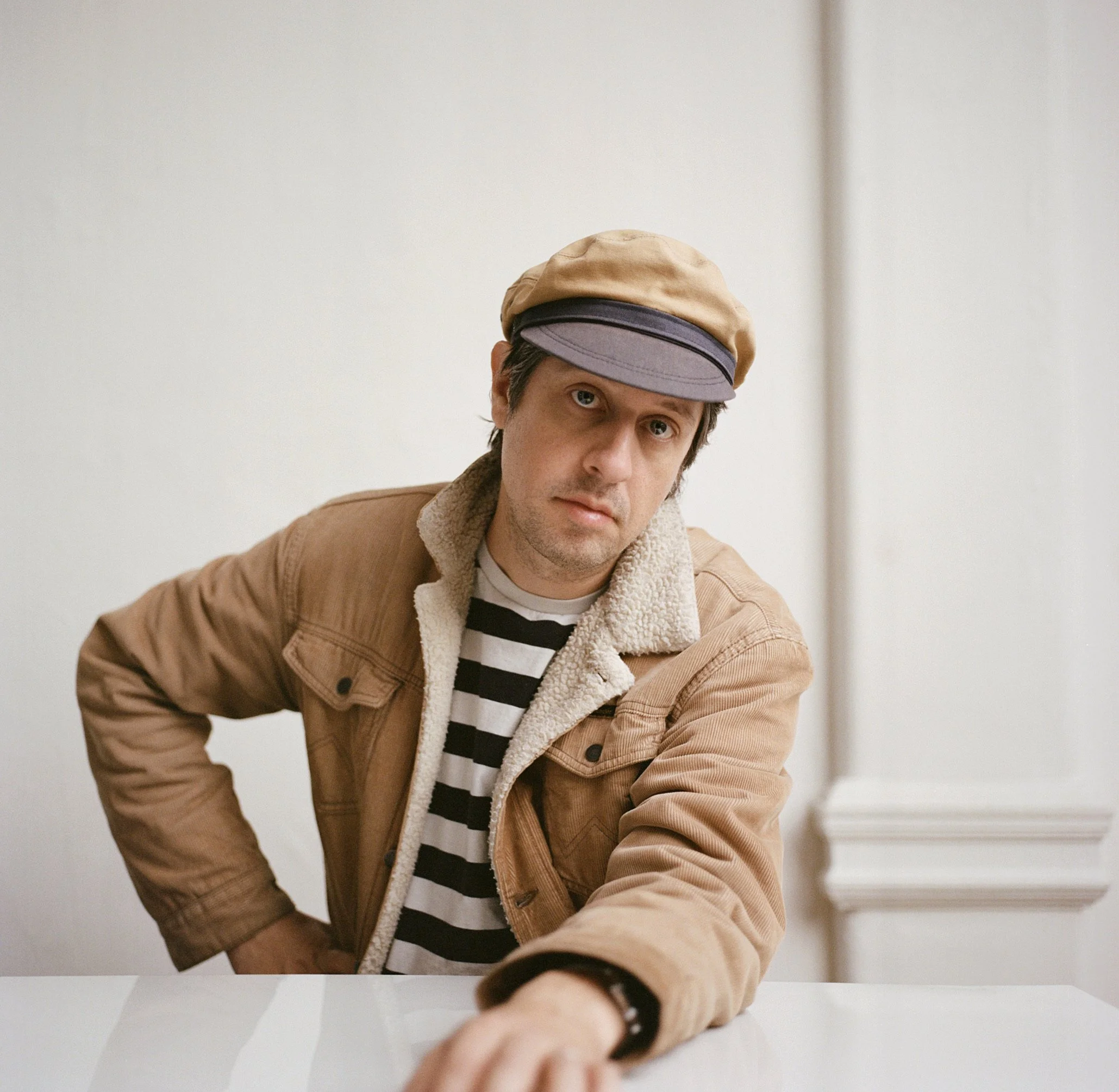
What ideas or projects are pulling you forward these days musically, visually, or personally?
I’m working on a non-fiction book about Zohar and world mystery traditions, and I’m finishing up a new graphic novel with co-illustrators Tom Bayne and Toby Goodshank that will be out this year via Pioneer Works, and also been working on a grimoire that tells the story of my Regular World universe that my fiction is set inside—so it’s sort of a creation myth about my universe and has magical incantations too.
For more info on Adam Green and The Moldy Peaches, new tour dates and releases, go to adamgreen.info and follow him @averagecabbage
